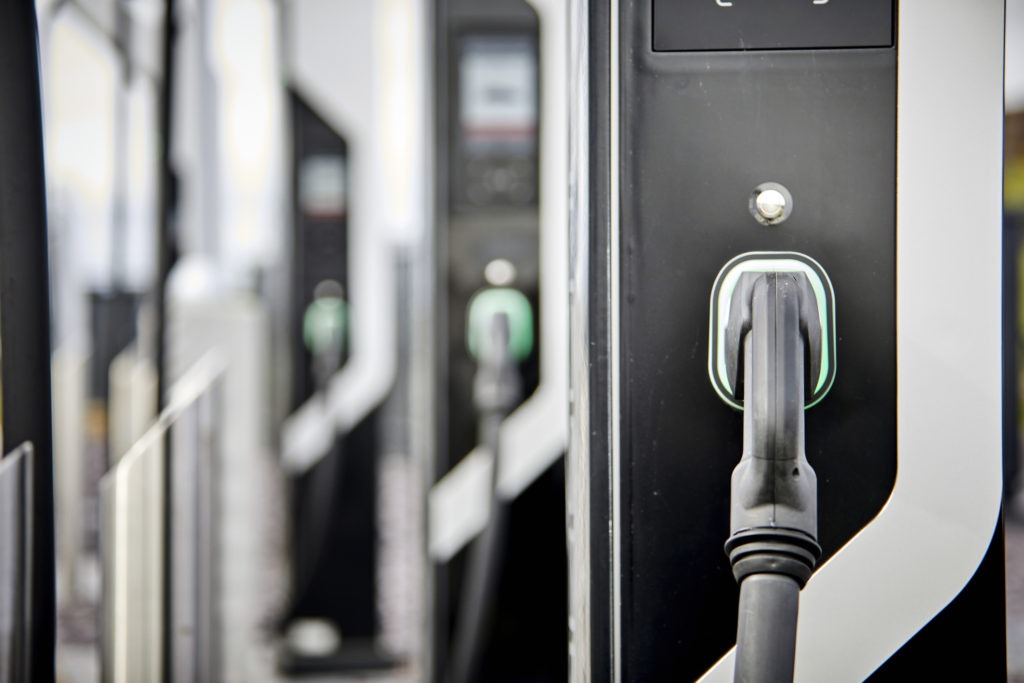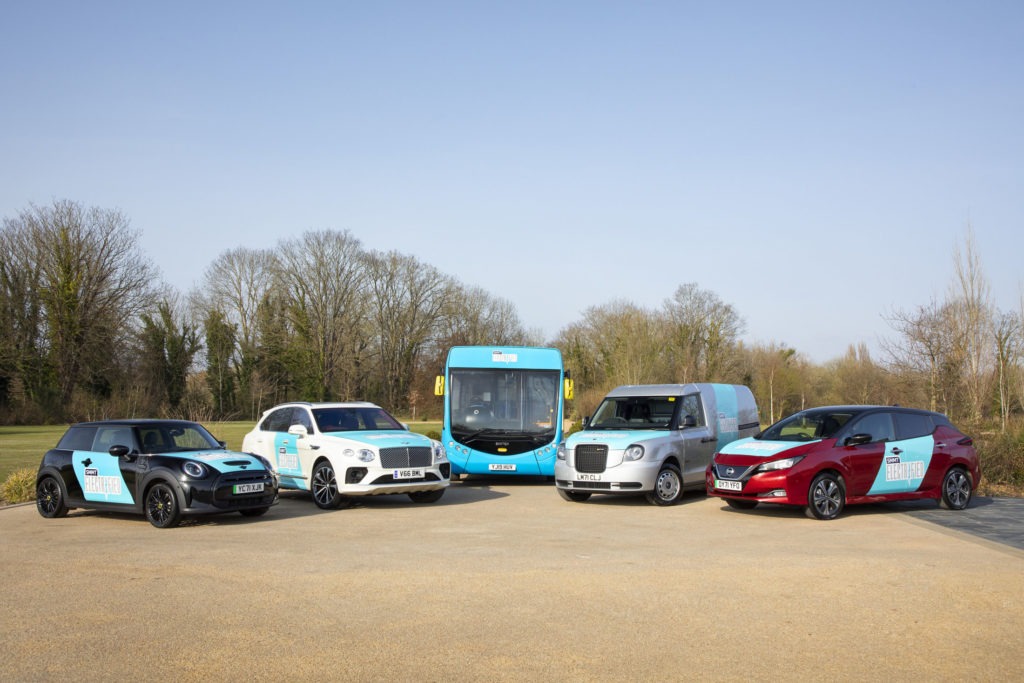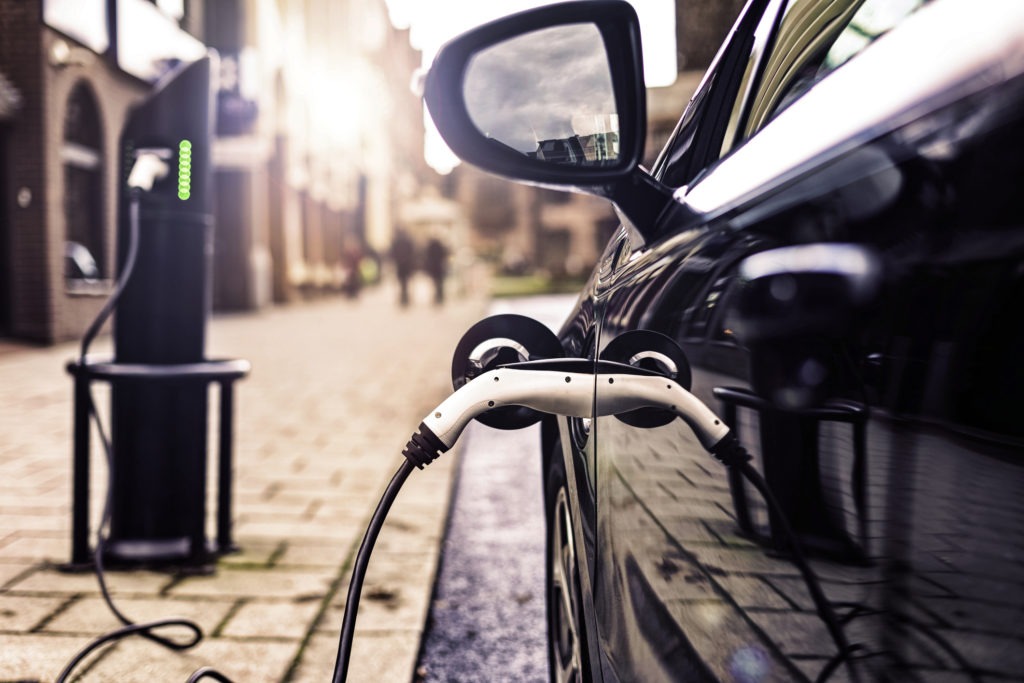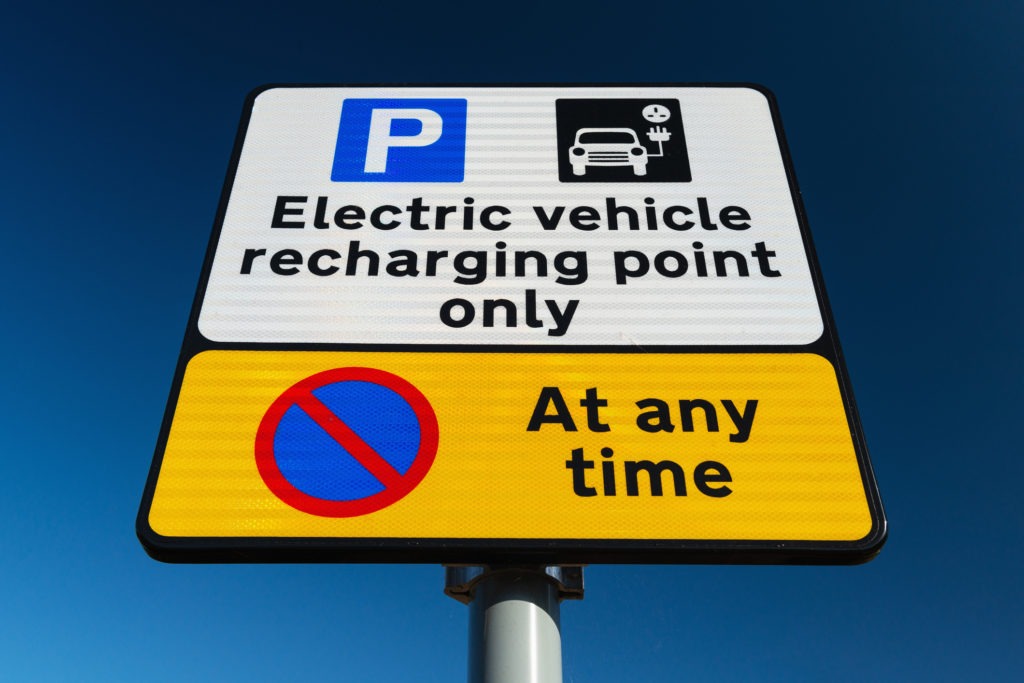EV charging infrastructure needed for 14,000 public charging points per week, ACEA finds
30 March 2022
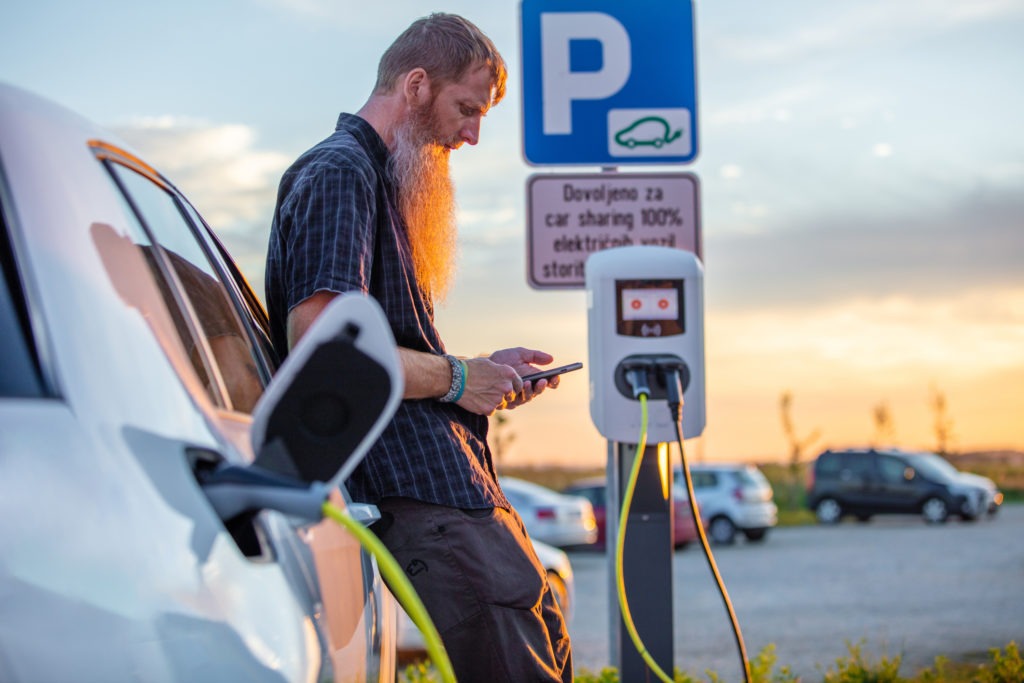
The consensus is clear: Europe needs more public electric-vehicle (EV) charging points to cope with the rising sales of electric cars across the region – and EV charging infrastructure will have to keep up with this pace. The European Automobile Manufacturers’ Association (ACEA) has put this into perspective, saying the EU has to install 14,000 public charging points per week to reach climate goal targets for electric vehicles by 2030. Currently, just 2,000 public chargers are installed weekly.
Concerned about the sluggish installations of EV charging points, the automotive organisation wants EU member states to boost investments in charging infrastructure for all kinds of electric vehicles, including cars, vans, trucks, and buses. It pointed out that 1.7 million EVs were sold in 2021, a 10-fold increase compared to the previous five years.
The development of charging infrastructure will have to keep up with this rapid increase in EV adoption. ACEA referred to an analysis by McKinsey, which indicates that up to 6.8 million plug-in locations are needed by the end of the decade for the EU to hit a 55% reduction of CO2 emissions for passenger cars. This figure, it said, is almost twice as high as proposed by the European Commission in its Alternative Fuels Infrastructure Regulation (AFIR) proposal.
Alternative Fuels Infrastructure Regulation factsheet
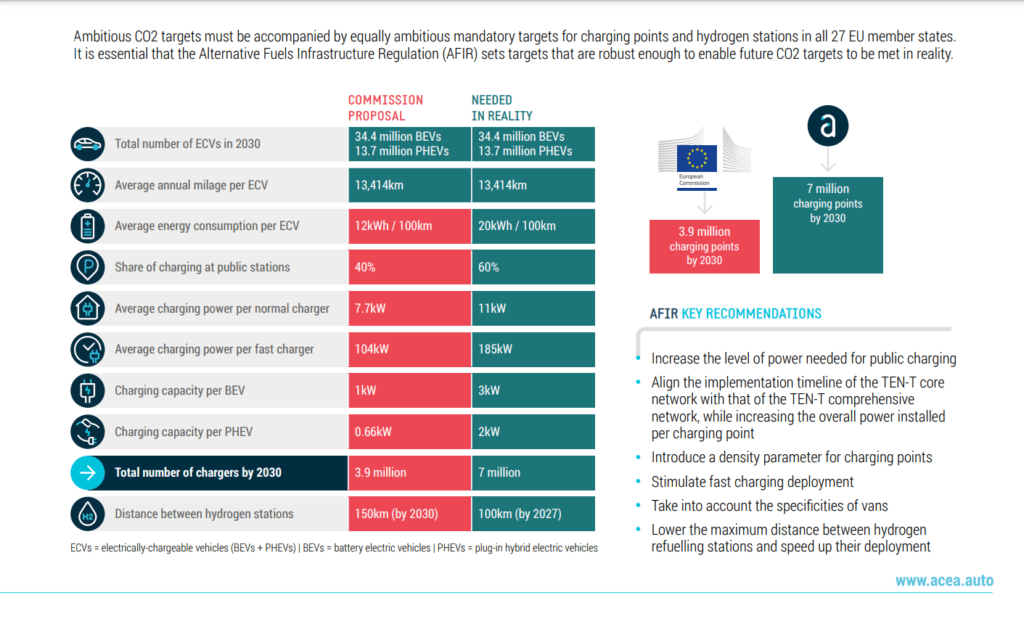
Investment in EV charging infrastructure
‘The transition to zero is a long-term race,’ said ACEA president and BMW CEO Oliver Zipse. ‘The key challenge now is to convince all member states to pick up the pace in deploying the required EV charging infrastructure. We absolutely need an ambitious conclusion of the AFIR proposal, both in terms of its timing and the targets it sets for each EU country.’
In a newly published research paper, ACEA suggests €280 billion of investments are needed to bolster Europe’s private and public EV charging infrastructure, with EU countries also having to invest a significant portion of that money in grid upgrades and renewable energy. The paper estimates that annual costs for public EV charging infrastructure alone will amount to €8 billion, also considering investments in 5G and high-speed internet networks.
It recommends that a balance of private and public investments would ensure a speedy build-up of charging infrastructure across Europe, especially for public on-street charging, essential to those EV owners without home chargers.
EV charging masterplan
ACEA has been working on an EV charging masterplan for the EU to address charging infrastructure, energy supply, and the grid. This also considers heavy-duty vehicle infrastructure. According to the paper, 279,000 EV charging points for trucks are required by 2030, of which 84% will be in fleet hubs.
To accelerate charging rollout, ACEA recommends streamlining the infrastructure approval process, clearly defining EU and cross-country coordination bodies, implementing smart incentive programmes, providing access to financing, and ensuring a wide rollout of smart charging.
‘A total investment of approximately €1,000 billion by 2050 in charging infrastructure (public and non-public), grid upgrades, and renewable energy sources are necessary to complete the transformation to electric road mobility in [the] EU,’ the paper states.
The publication of the paper is timely, given the EU is currently negotiating the AFIR proposal, which sets targets for the minimum capacity and maximum distance between charging and hydrogen points along the Trans-European Network for Transport (TEN-T) to be met by member states.
Similar to ACEA, the International Council on Clean Transportation (ICCT) recently found a need for 80% more charging capacity than the AFIR suggests. The ICCT does not propose a unified approach to rolling out charging infrastructure, but rather suggests focusing on locations where EV chargers are needed the most, i.e., in countries with higher EV adoption rates.
ACEA’s research paper does not include chargers required in the UK, which left the EU following the completion of Brexit. The country’s government recently announced plans to increase its electric-vehicle charging infrastructure to 300,000 charging points by 2030, equivalent to around 668 units a week.
